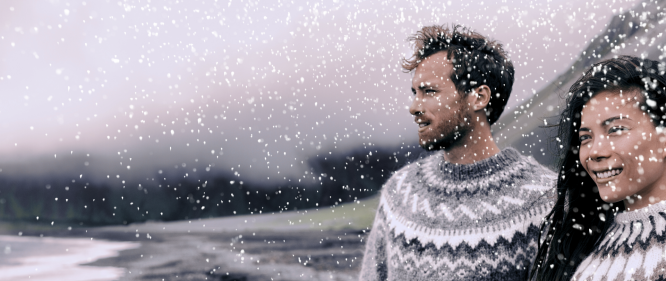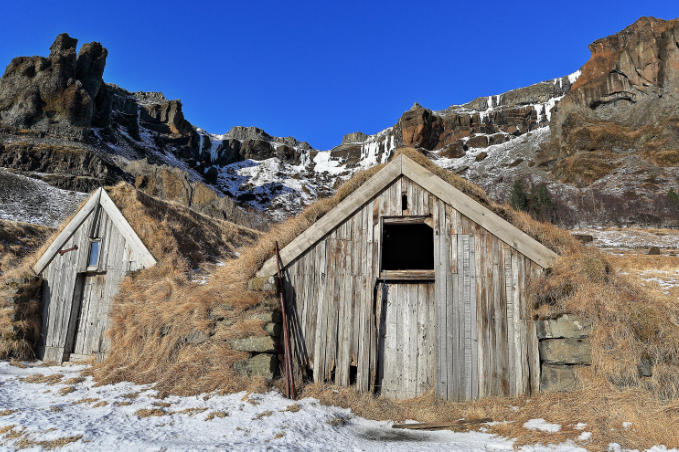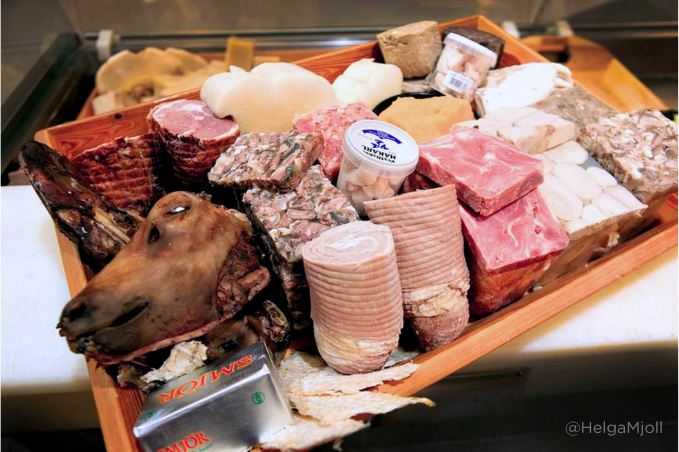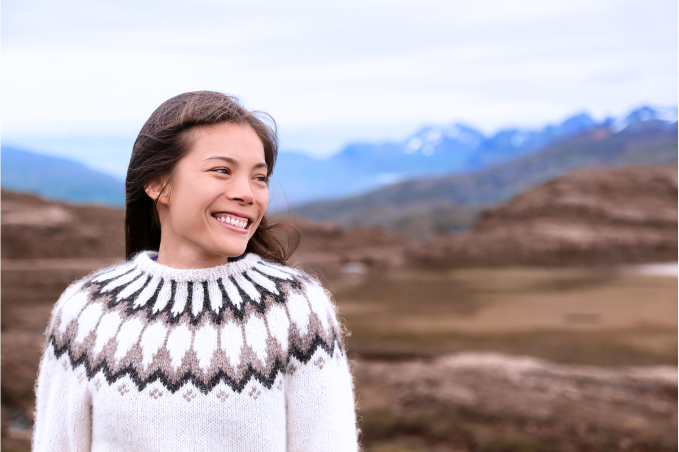Winter's Farewell: Exploring Icelandic traditions from Þorri to Góa

Now that the holiday season has wrapped up, we eagerly anticipate the arrival of spring in Iceland. As we bid farewell to winter, we have special dates like bóndadagur (husbands day), konudagur (women's day), and Þorrablót (the feast of þorri) to look forward to.Held on the 13th Friday of winter, usually the last Friday in January, traditionally the day known as “bóndadagur”, is a day dedicated to the head of the household—or farm—as bóndi in Icelandic means farmer and húsbóndi is the old word for husband. It is a day devoted to pampering and celebrating the “man” of the house: a partner, husband, fiancé, or a boyfriend.

This day marks the first day of Þorri which name derives from the god Þór (Thor). Icelanders have traditionally celebrated þorri since pagan times, according to tradition, the man of the house was supposed to greet Þorri on the celebration day and welcome the beginning of a new winter month. To do that, he should get up first in the morning before the rest of the household exit the house wearing only his shirt and dressed in just one pant leg, and then hop around the house on one foot, all the while dragging the other pant leg behind him. Sadly this is no longer a common practice as this would be a very entertaining sight for visitors but today Icelanders celebrate by pampering their partners with small gifts, a nice meal, and even flowers.

Between husbands day and womens day every year Icelanders will go to Þorrablót events which is the time when we eat a lot of traditional Icelandic foods like the famous fermented shark or pickled sheeps testicles and sheephead jelly. During this time you can find a lot of these strange foods which can only be categorized a survival food in most supermarkets.
 Picture retrieved from @HelgaMjoll
Picture retrieved from @HelgaMjoll
The month following Þorri is called Góa, the first day of Góa is on the 18th week of winter on the Sunday between the 18th and 24th of February and the first day is Konudagur, or "Womens day." Just like Bóndadagur, it is a celebration of womens' essential roles in the household and has been a part of Icelandic culture for generations. Wives just like their husbands were meant to get up before everyone else in very little clothing and greet Góa and invite her into the household by reciting this poem. Velkomin sértu, góa mín (be welcome my góa) Og gakktu í bæinn (and step into the farm) Vertu ekki úti í vindinum (don´t stay out in the wind) Vorlangan daginn (the whole spring day)

Þorri (January) and Góa (February) were considered the most difficult months of the winter as often the food stores were dwindling. In folklore the góa weather had huge significance for the farmers, if the weather was stormy and bad the first days of góa it would mean a good summer. So let´s cross our fingers for terrible weather in February so we can have the best summer!

